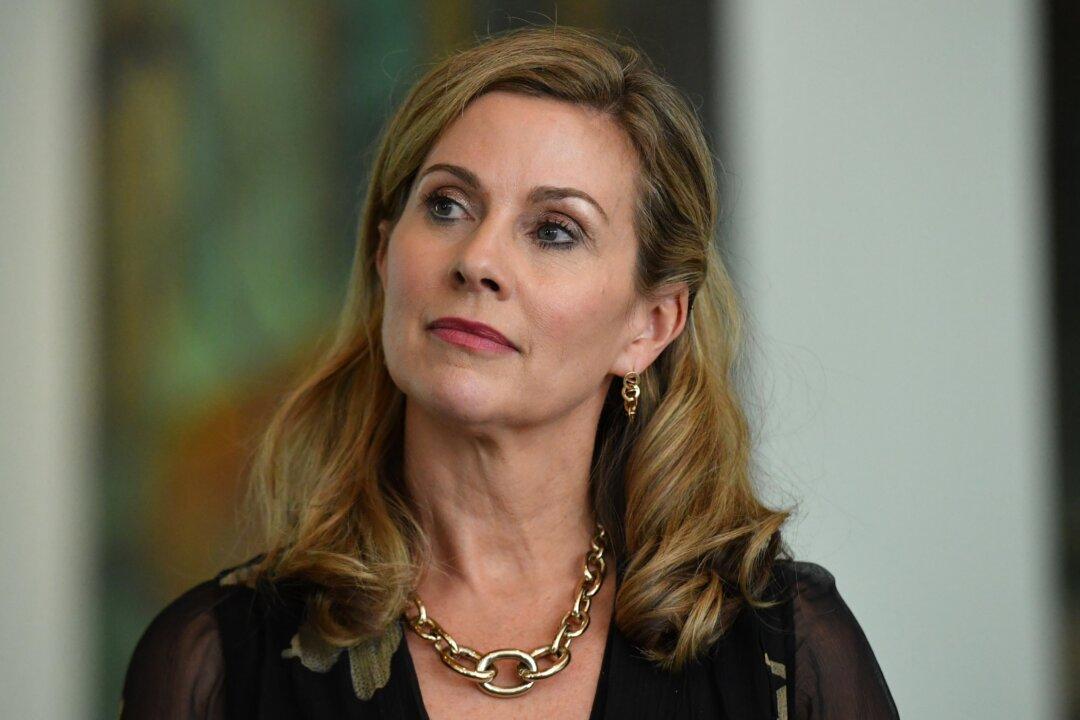The Australian federal government aims to double the number of Indigenous students at universities in the next decade, from 5,000 to 10,000, as part of several reforms to the sector.
The report highlights the increasing number of jobs in Australia that will require a university qualification in the future.
“We live in a world where almost every single new job that’s created will require you to finish school and go to TAFE or uni,” Mr. Clare told the National Press Club in a speech.
At present, 36 percent of the workforce has a university degree, which is estimated to jump to 55 percent according to the report.
This means Australia needs to support a significant increase in the number of people at universities, particularly those from outer suburbs and regional areas, with poor backgrounds, with disability, and are Indigenous, the report said.
“This is one of the big economic levers we have to pull that will give us the skills we need to grow and create, compete and win in this century,” Mr. Clare said.
To encourage more university qualifications for Indigenous students, the government is extending its guaranteed funding to all Indigenous students who qualify for the course they apply for. The scheme currently only applies to Indigenous people living in regional and rural areas.
This affirmative action plan is expected to cost around $34 million (US$23 million)over the next four years and would be a better use of taxpayer money, according to Mr. Clare.
According to Mr. Clare, a young Indigenous person is more likely to go to jail than a university. Just seven percent of Indigenous people in their 20s and 30s have a university degree.
“The cost of having somebody in jail every year is about $120,000. The cost of a university place is $11,000,” he said.
Mr. Clare did not announce further affirmative action plans targeting the other groups listed in the report.
It comes after the U.S. Supreme Court struck down race-based admissions at U.S. colleges.
Chief Justice John Roberts wrote for the court that, for too long, universities have “concluded, wrongly, that the touchstone of an individual’s identity is not challenges bested, skills built, or lessons learned but the colour of their skin.”
Keeping More Students In University
But in another major change, the Labor government will be abolishing the 50 percent pass rule because it disproportionately affected students from poor and regional backgrounds negatively, Mr. Clare said.The 50 percent pass rule was introduced by the former Coalition government, which required that students pass at least half of their total attempted units to remain eligible for their government-supported student loan.
“It basically means if you fail more than half of your first year at university, then you’re forced to quit,” Mr. Clare said.
“Across the country, more than 13,000 students have been forced to leave their degree. And most of those students are from poor families and from the regions or from the bush.”
Requiring legislation to formally roll out the proposals, Mr. Clare said he is hoping to introduce it to parliament once it returns on July 31.
“I’m hoping to introduce legislation when Parliament returns in order to deal with this 50 percent pass rule as well as the changes to enable more Indigenous students to go to university,” he said.
For both changes, Mr. Clare said education standards would not be lowered.
“This is not about lowering standards,” he said about the affirmative action plan. “You need to get the marks; you need to qualify for the course. If you do qualify for the course, then you’re guaranteed to get access to a Commonwealth Supported Place.”
For removing the 50 percent rule, Mr. Clare said it was about letting people get a “fair crack” to receive a qualification.
The minister said universities will be required to provide assistance for students to help them pass their courses.
The government will also invest in 20 regional university study hubs in addition to the 34 existing hubs and establish 14 suburban university study hubs.
The Higher Education Continuity Guarantee, a government funding scheme that was established to support the university sector through COVID-19 and the recovery process, will also be extended for a further two years.
“As part of this, universities will be required to invest any funding remaining from their grant each year on things like enabling courses and extra academic and learning support for students from poor backgrounds, from the regions, and other under-represented groups,” Mr. Clare said.





